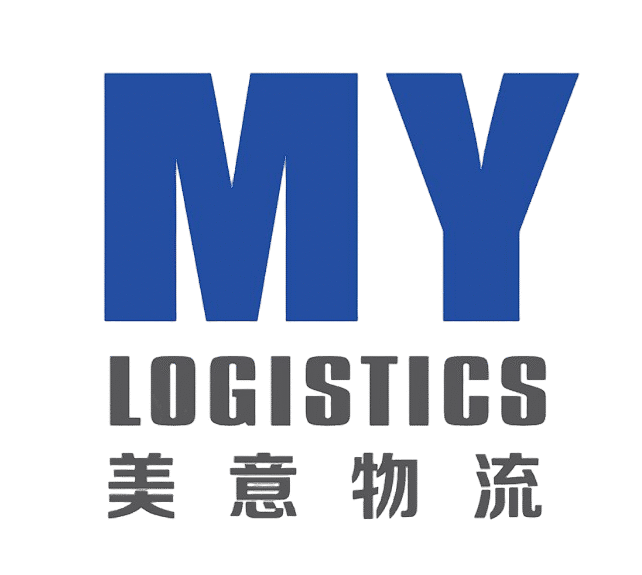Why Is My International Shipment Stuck in Customs? 7 Common Reasons & How to Avoid Them
That sinking feeling when your shipment gets held up in customs is all too familiar for many importers and exporters. Delays mean extra costs, missed deadlines, and frustrated customers. But what causes these hold-ups, and how can you prevent them?
Here are the seven most common reasons shipments get stuck – and practical steps to keep your goods moving.
1. Incomplete or Incorrect Documentation
The Problem: Missing or mismatched documents are the number one cause of customs delays. A simple typo on a commercial invoice or a missing signature can bring everything to a halt.
The Solution:
Use a standardized documentation checklist for every shipment.
Implement a double-check system where another team member reviews all paperwork.
Ensure the commercial invoice clearly states the full value, detailed product descriptions, and harmonized system (HS) codes.
2. Wrong HS Codes
The Problem: HS codes classify products for customs. Using an incorrect code can lead to wrong duty assessments, suspicions of fraud, and immediate holds.
The Solution:
Invest in proper HS code classification tools or consult with a customs specialist.
Never guess – verify codes with your supplier and check them against official databases.
Keep records of why you chose specific codes for future reference.
3. Vague Product Descriptions
The Problem: Descriptions like “electronic parts” or “general merchandise” raise red flags. Customs authorities need specific details to assess risk and duties.
The Solution:
Be specific: “Stainless steel kitchen knife set” instead of “kitchen goods.”
Include materials,用途, and brand names where applicable.
Make sure the description on the invoice matches what’s on the shipping documents.
4. Missing Licenses or Certificates
The Problem: Certain goods require special permits – think pharmaceuticals, food items, electronics with wireless capabilities, or protected materials.
The Solution:
Research import regulations for your product type and destination country in advance.
Factor in extra time to obtain necessary certificates from manufacturers or government agencies.
When in doubt, ask your logistics provider about restricted items lists.

5. Customs Value Discrepancies
The Problem: If the declared value seems too low for the goods, customs will question it. This often happens when companies undervalue to save on duties.
The Solution:
Declare the true transaction value consistently.
Have supporting documents ready, like the proforma invoice and payment records.
Understand that the cost of delays far outweighs any potential duty savings from undervaluing.
6. Intensive Security Screening
The Problem: Random or targeted inspections can happen to any shipment. While you can’t avoid them entirely, certain factors increase your risk.
The Solution:
Ensure proper packaging and clear labeling to appear low-risk.
Maintain a good compliance history – repeat offenders get more scrutiny.
For high-value goods, consider pre-submitting documents to streamline the process.
7. Duties and Taxes Payment Delays
The Problem: The importer might be unaware of the amount owed, lack funds, or miss the payment notification.
The Solution:
Use a customs broker who can handle duty calculations and payments efficiently.
Ensure your importer of record has all the information and funds ready in advance.
Consider setting up a deferral account with customs for faster payment processing.
Proactive Steps to Prevent Customs Delays
Work with an Experienced Partner
Choose a logistics provider with strong customs brokerage knowledge and local expertise in your target markets. They can spot potential issues before your shipment even leaves.Get Your Documents in Order – Early
Don’t wait until the last minute. Prepare all required documents while your goods are in production or transit.Invest in Compliance Training
Make sure your team understands international trade regulations. A small investment in training prevents costly mistakes.Consider Customs Bonded Options
For frequent importers, bonded warehouses or in-transit procedures can simplify the process and delay duty payments until goods are released for sale.
Need Help Navigating Customs?
Customs delays cost you time and money. By understanding these common pitfalls and implementing these practical solutions, you can significantly reduce your risk and keep your supply chain running smoothly.
If you’re tired of unpredictable customs holds, let’s talk. Our team specializes in proactive customs clearance strategies tailored to your specific products and markets.
Related Posts
How to Choose a Freight Forwarder for Smooth Customs Clearance: 4 Non-Negotiable Checks
How to Choose a Freight Forwarder for Smooth Customs Clearance:…
HS Codes Explained: How to Find Yours Correctly and Avoid Costly Customs Delays
HS Codes Explained: How to Find Yours Correctly and Avoid…
Why Your Shipment Got Stuck in Customs — 5 Common Mistakes & How to Fix Them Fast
Why Your Shipment Got Stuck in Customs — 5 Common…

